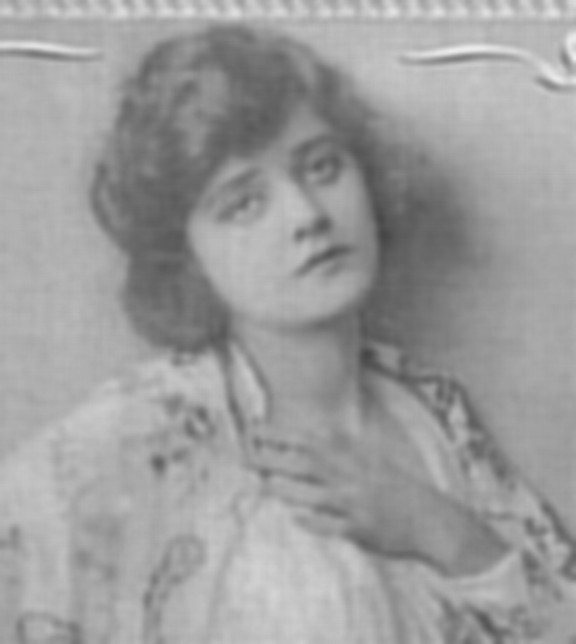|
Never Put Off Until Tomorrow ... |
|
When my three children were
growing up, each one of them used to cringe when I would quote something
my mother had often repeated to me when I was a child. I donít really
have a name for these little tidbits, but just a few of those I heard
from my mother and then in turn, I repeated to my kids on a very regular
basis included ... "A Stitch in Time Saves Nine," "Better Late Than
Never," or "Birds of a feather flock together." One that I used more
than any of the rest was: "All that you do, do with your might, things
done by halves are never done right." That one always set their teeth on
edge. Another one I heard my mother say was, "Never put off until
tomorrow what you can do today." That one would certainly apply to a
story sent to me by our county historian, Ronald Dishman. It was printed
in a newspaper on May 8, 1936. This actually happened in Gainesboro, and
here is the newspaper account of what was to be a long, overdue reunion
between a mother and her son:
"The story of a mother who came to see her son after forty years separation only to find that he had died two hours earlier is being told over and over here. The story begins a long time ago when James Pryor was a little boy in overalls. His mother and father decided to separate and it was agreed the boy would stay with the father. His mother moved to Kentucky, settling at Hendersonville. There, after a divorce, she married again, becoming Mrs. Nancy Jane Alexander. That was two score years ago. The overalled farm boy grew to manhood, established a farm and home of his own. Then his father died. James Pryor and his mother never visited. They never wrote to each other. But they say his motherís heart grew lonely for the boy. She didnít know whether he was dead or alive. She was 63 years old and thought she might not live so much longer, so she decided to try and find him. That January, she put an advertisement in the local weekly paper. Pryor, 47, saw it and wrote to her. She wrote back that she would visit him. Three months went by without her arriving, but on May 7, 1936, at 6 oíclock, she came. She drove out to her sonís farm in a taxicab. From the automobile to the house, she hastened happily, completing her 200 mile journey. "Is this James Pryorís place?" she asked of a man on the porch. "Is he here?" "Well, no," said the man. "You see, he died suddenly two hours ago ó pneumonia." Itís hard to believe, but the newspaper story ends there and leaves us hanging, only to wonder what happened next. One thing for certain has to be the pain that mother felt for not having made the journey the minute she heard from her long, lost son. Instead, and for reasons we will never know, she waited, and then when she did decide to travel the two hundred miles that separated them, it was too late. Had she not put off her visit and left the month before, or the week before, or even a few hours earlier than she did, she and her son might have at least exchanged a word or two before his death. If only she had taken that old saying to heart, "Never put off until tomorrow ...," the outcome of the story would more than likely brought tears of joy rather than deep sorrow and regret she probably carried with her the rest of her life. Alexander Graham Bell once said: "When one door closes, another opens, but we often look so long and so regretfully upon the closed door that we do not see the one which has opened for us."
|
|
Life's lessons are sometimes the hardest ones to learn. |
